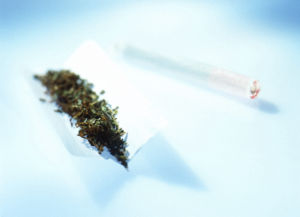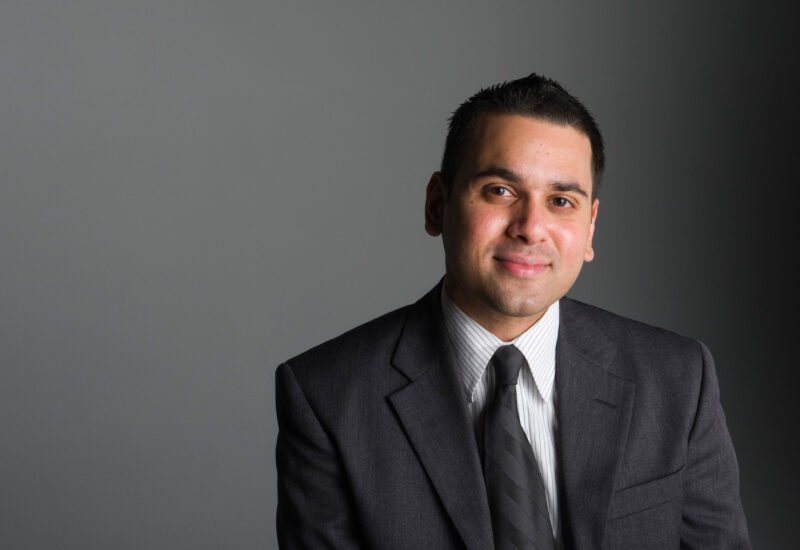
The Biden Administration recently announced that the U.S. Drug Enforcement Administration (DEA) will move to reclassify marijuana from Schedule I to Schedule III under the Controlled Substances Act (CSA). The move comes just one and a half years after President Biden initially announced that he was urging the Secretary of Health and Human Services and the Attorney General to initiate the administrative process to review how marijuana is scheduled under federal law.
It took some time, but now the administrative review process is complete, paving the way for one of the most significant changes to DEA policy in more than half a century. But don’t break out your old Grateful Dead records just yet. The proposal still needs to get a signoff from the Office of Management and Budget, a public comment period, a review by an administrative judge, and a formal rule making process according to the CSA – and even then it won’t actually legalize marijuana at a federal level.
Though the rescheduling will not legalize weed, it may still have a big impact on how marijuana policy at every level.
The drug scheduling system dates back to 1970, when President Nixon signed the Controlled Substances Act into law. Title II of the CSA mandated the DEA to create and maintain a list of drugs, chemicals, and substances broken up into five tiers, or Schedules, based on each substance’s medical uses, harmfulness, and potential for addiction or abuse.
Schedule V drugs are considered the least harmful and have the lowest potential for abuse. Schedule I drugs are the ones that got talked about in all of those assemblies your teachers dragged you to in middle and high school. They’re the drugs, substances, or chemicals with no currently accepted medical use and the highest potential for addiction and abuse. Heroin is a Schedule I drug, as are MDMA, GHB, quaaludes, and bath salts – also known as some of the most addictive, harmful, and potentially life-ruining substances in the world. And then there’s marijuana.
As of now, marijuana is still considered a Schedule I substance, meaning the federal government technically considers it to be as dangerous, habit-forming, and completely lacking in medicinal applications as heroin or bath salts.
Marijuana’s status as a Schedule I drug has long been a point of contention among advocates for legalization, and it isn’t hard to see why.
The drug Scheduling system has long been a point of contention for advocates in favor of looser drug laws. Some of the classifications seem arbitrary at best, and the consequences of improper Scheduling can have significant implications for things like law enforcement and medical research.
Until now, cannabis has shared a similarly strange spot in Schedule I. The DEA’s reassessing its Scheduling makes sense, particularly given the proliferation of data on the subject from the 24 states that have legalized cannabis and the 14 additional states that have legalized it for medicinal use. The lack of cannabis-related deaths, medical trials, and approved treatments, and a low number of cannabis addicts seeking treatment make it pretty hard to argue that Schedule I is appropriate. Rescheduling it to Schedule III won’t make everyone happy — that means the DEA considers it at least somewhat addictive — but it makes more sense than keeping it at the same level as heroin.
Rescheduling marijuana will not make it legal at a federal level, but it is the strongest and most impactful step that President Biden can take without Congress’ cooperation.
The most immediate and welcome impact will be the way the IRS treats cannabis growers and sellers. Until now, cannabis-related businesses have been subject to restrictions under Internal Revenue Code Section 280E, which forbids businesses from deducting ordinary business expenses from gross income associated with the trafficking of Schedule I or II substances. That’s all going to change when cannabis is officially rescheduled.
Putting cannabis in Schedule III means the DEA has acknowledged its current and potential medical use, which should make it much easier for researchers to get federal grants to study and test the drug. It also technically means that cannabis could be available with a prescription from an FDA-approved pharmaceutical company, but the current state-level policies mostly obviate the need for federally approved prescriptions.
If you or a loved one is in a bind as a result of a criminal charge (theft or otherwise), immediately contact a Seattle Criminal Attorney. A Criminal lawyer is not going to judge you and understands that everyone makes mistakes. Hiring a Seattle Criminal Lawyer to help can – at a minimum – reduce penalties and can help direct people on how to best deal with their criminal charge, and many times even get them dismissed. So, it should go without saying that someone cited for a misdemeanor or felony should hire a qualified Seattle Criminal Lawyer as soon as possible. Criminal charges can cause havoc on a person’s personal and professional life. Anyone charged with a crime in Washington State should immediately seek the assistance of a seasoned Seattle Criminal Lawyer. SQ Attorneys can be reached at (425) 359-3791 and/or (206) 441-0900.

